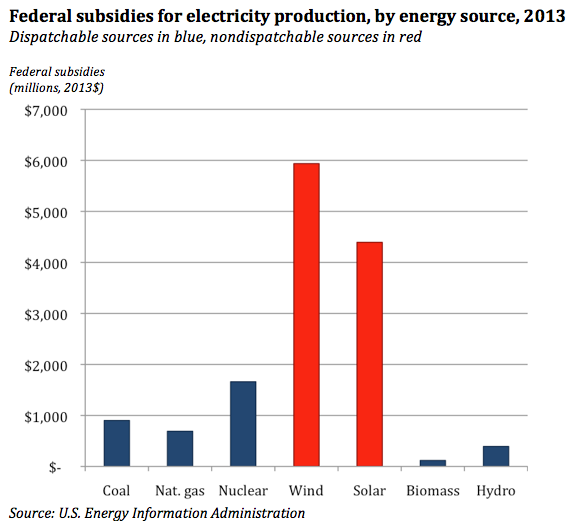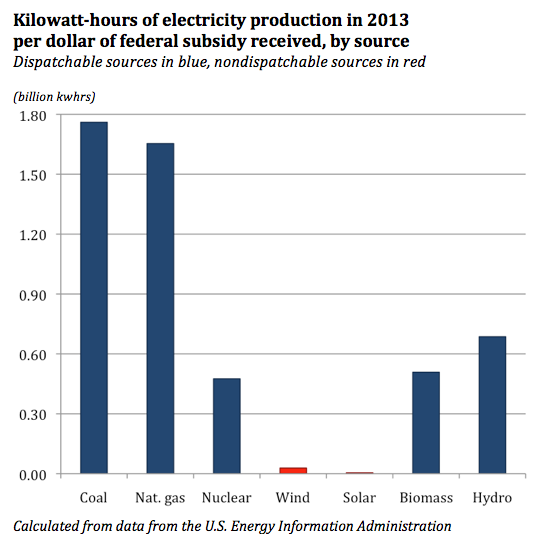Pop quiz, friends. What do you know about energy-based emissions in North Carolina?
- They’re a significant and growing problem, and it’s not too soon to call it a crisis.
- They’re a major contributor to the global climate crisis and part of why Hurricanes Harvey and Irma were so cataclysmic.
- They’re surging terribly and, really, it’s way past time for North Carolinians to demand a simple, responsible, and no-cost change: no more energy from fossil fuels, ever.
- All of the above, with deadly consequences for all of us, starting with the poor.
- What, there’s an option after “All of the above”? OK, fine, they’re falling, and sure, they’ve been on the decline this whole century.
The correct answer is … E. Energy-based emissions have been falling all century in North Carolina, and also in the United States as well. They’re down 14.6 percent in North Carolina and 10 percent nationally.
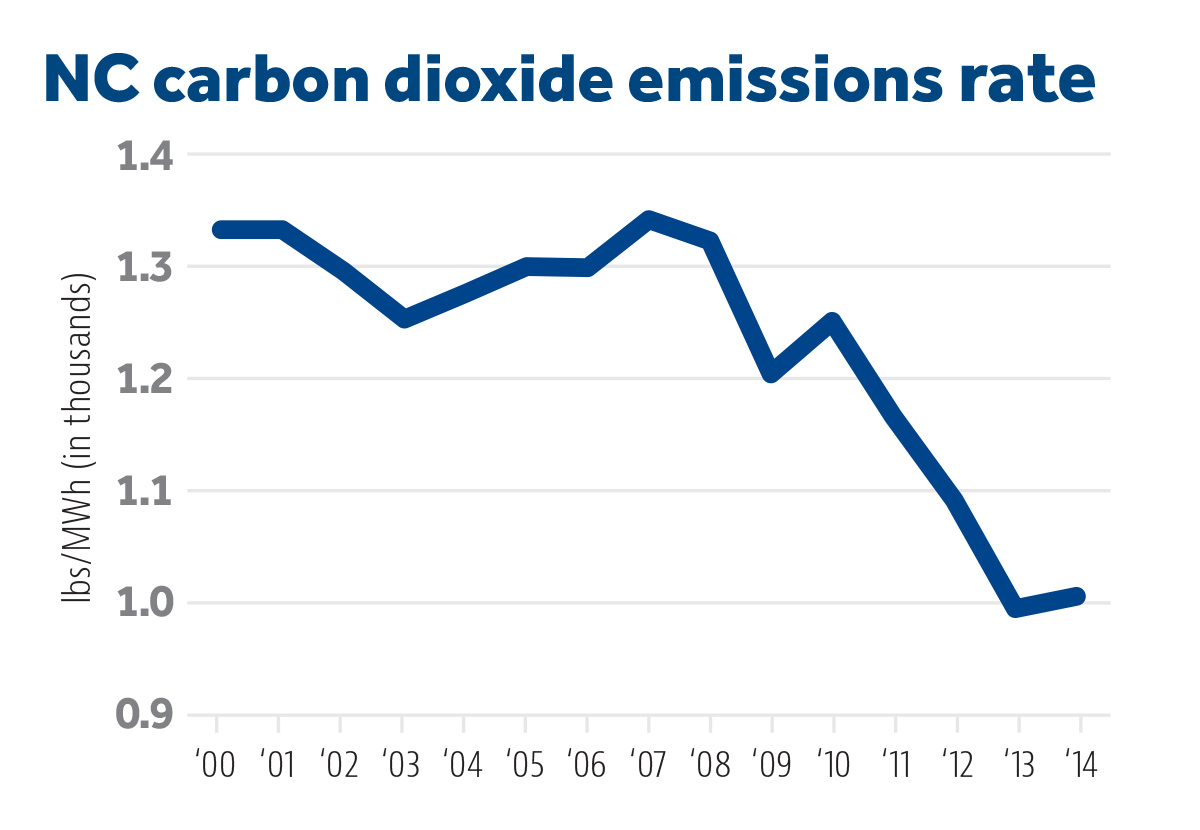
Here’s the clincher: The reasons energy-based emissions have been falling all century in North Carolina and the U.S. are market-oriented, not government-driven:
- Technological change drives ever more efficient use of resources
- Consumer preferences favor less “carbon-intensive” goods and services
- An expanding service sector also results in lower emissions
- The fracking revolution since 2000 has made clean-burning natural gas more price-competitive with coal, and electric utilities have increasingly opted for gas as a fuel source (and the other major market competitor with coal is nuclear, which has no emissions)
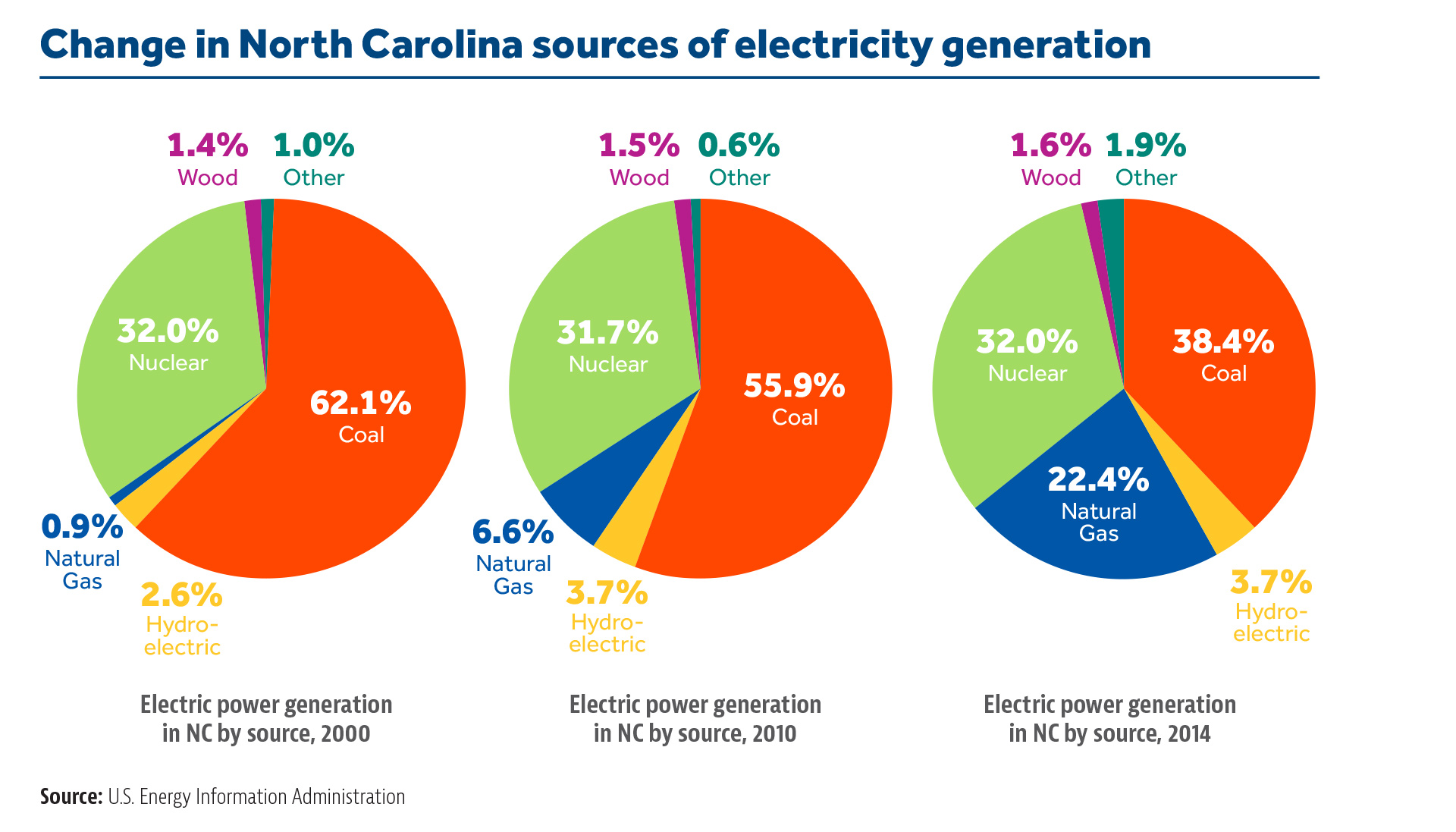
You might not know all that because media don’t report it. They might not report it because they might not want to believe it. Or maybe they’re afraid of what readers would think, armed with this knowledge. Most likely, they might not know it either and don’t know to ask.
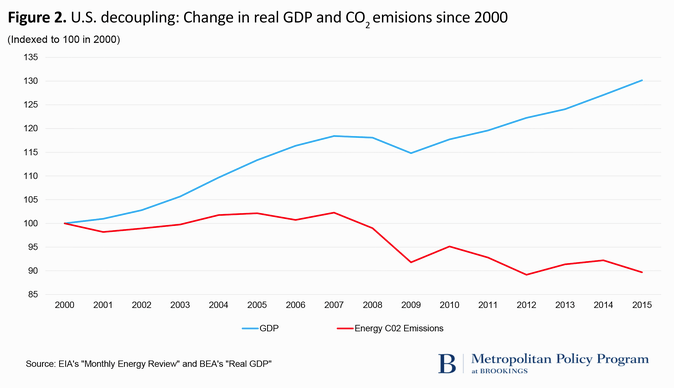
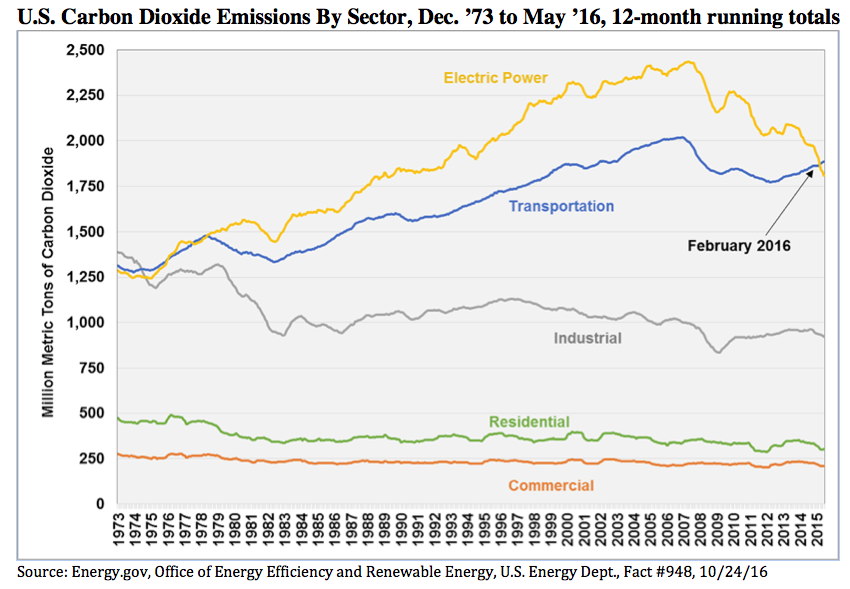
This is great news! Isn’t it?
Collectively, we can bask. That thing you’ve been saying we absolutely need to do, well, turns out we’re doing it and we’ve been doing it.
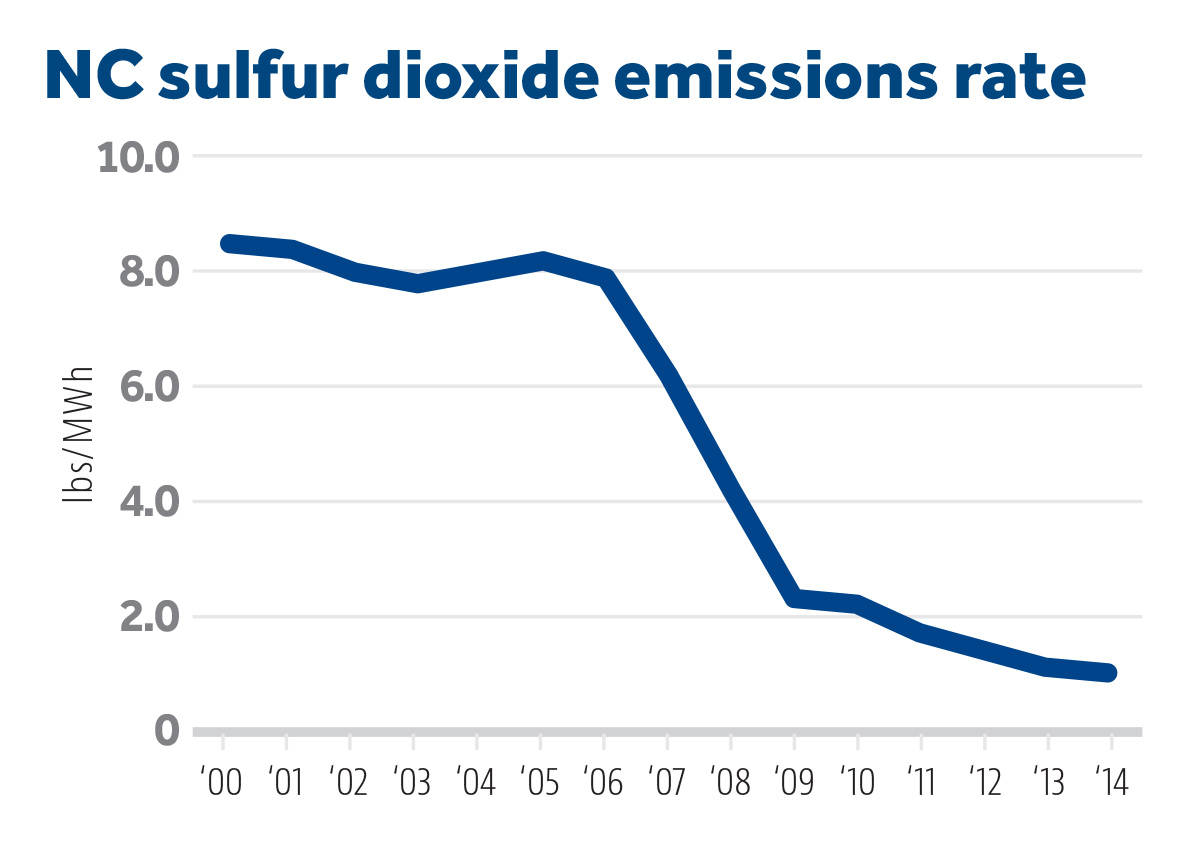
But unlike in your imagination of what it would take to make us do it, it didn’t take government forcing it.
It happened organically. Naturally.
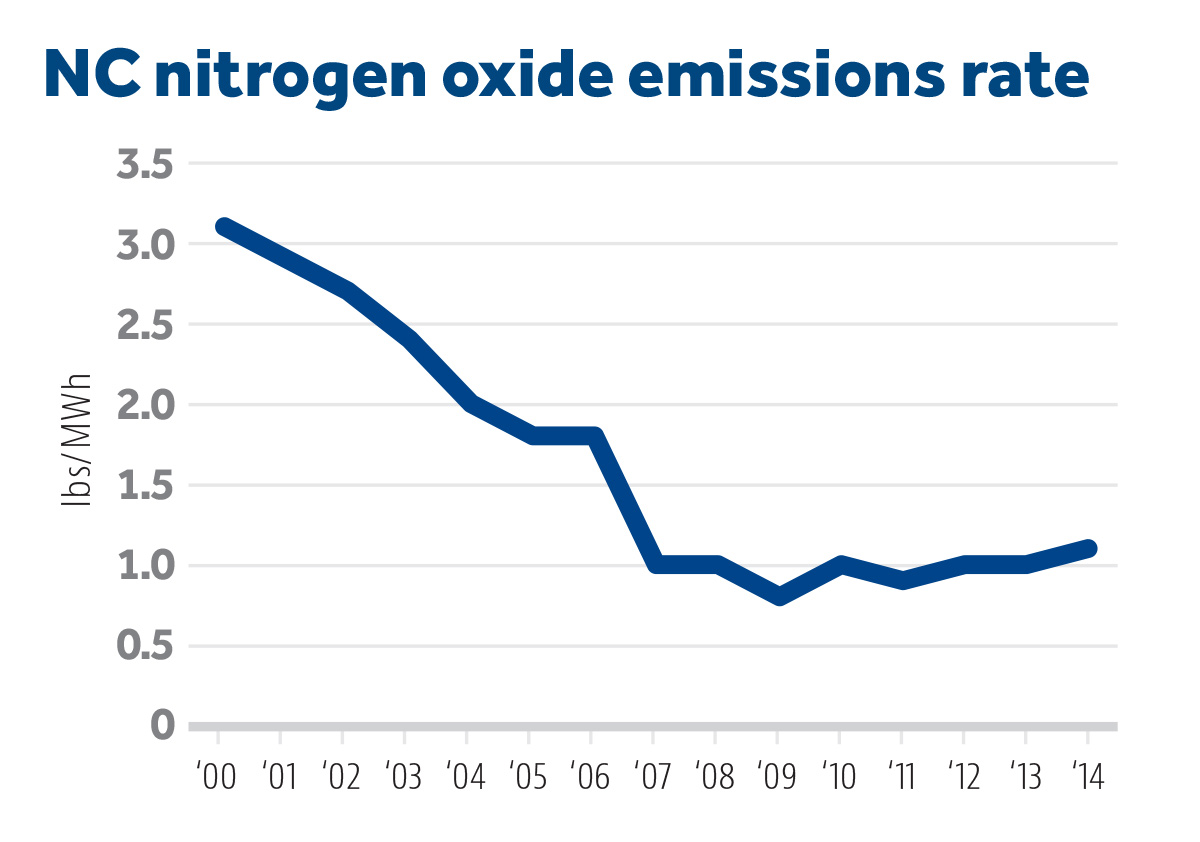
So good news, everyone!
This also means that, counter to a Sept. 12 op-ed in The News & Observer, we don’t have to kill off entire industries, throw thousands of people out of work, and hide the enormous costs to people to make a symbolic stand against energy emissions.
That op-ed, by our well-meaning friends at NC WARN, shows how to do all those things. It’s predicated on the “global climate crisis … storming ahead” and asks “Can North Carolina help?” The answer is yes, if we “replace all fossil fuels used for electricity by 2030, and half by 2025” as laid out in its new report.
To do that would be to …
Kill off entire industries
That’s what would happen by replacing “all fossil fuels.” If you work in domestic industries generating electricity from natural gas, coal, or nuclear, or supporting or relying on any of those local operations, this notion of North Carolina helping would help you straight out of a job in dozen years.
This notion of North Carolina helping also requires two things for it actually to be relevant. One, it would have to be true that an area that amounts to about 27 one-hundred-thousandths (0.00027) of the surface of the Earth could have any measurable impact whatsoever by changing how electricity is generated within that miniscule space.
If that fraction is too tiny to conceive, here’s an easier one. North Carolina is but one of 50 states in the U.S., and as then-Secretary of State John Kerry told an audience at Johns Hopkins University in 2014,
Even if every single American biked to work or carpooled to school or used only solar panels to power their homes — if we reduced our emissions to zero, if we planted each of us in America a dozen trees, if we somehow eliminated all of our domestic greenhouse gas emissions, guess what? That still wouldn’t be enough to counteract the carbon pollution coming from China and the rest of the world.
So the first condition for whether North Carolina could “help” is fairly well impossible to meet. What’s the second? That North Carolina needs to make enormous changes in order to be in the position to help.
Here we can answer. North Carolina is already helping, as demonstrated thoroughly above. So leave North Carolinians alone. If it ain’t broke, don’t “fix” it.
In other words, let’s not …
Throw thousands of people out of work
As mentioned above, people work in and in support of or in reliance upon local traditional electricity industries in North Carolina. NC WARN has no soft landing spot for them in their plan.
A measured look into the plan would require investigating its tradeoffs, asking if its costs are worth its stated benefits. It doesn’t help the plan’s case that its major supposed benefit — its main reason for being — has largely taken place without it.
What NC WARN wants to do, briefly, is shut down all coal-fired plants, use natural gas and nuclear only for backup generation, keep building land-intensive large-scale solar plants, put solar with battery backup on homes and businesses, and employ demand-reduction programs heavily.
Those things would place serious financial burdens on people and local businesses all across North Carolina. NC WARN lacks good answers for how North Carolinians would manage them. The plan opts instead to …
Hide the enormous costs to people
In NC WARN’s defense, hiding the costs is standard practice in advocating that people be forced to consume more solar energy.
For example, how is building solar panels on your roof and purchasing battery backup not an enormous expense? Well, the plan explains that you can have local governments pay for it, or the utilities can front the cost and charge you over time on your bills, and the federal government can offer tax incentives. But your monthly bill will be a little lower overall. Any expenses you and other ratepayers incur as taxpayers don’t “count.”
What about the robust national debate over whether rooftop solar is even a good thing for consumers? This debate enfolds positive and negative effects to home values, potential roof problems, differences in solar cell manufacturers, consumers being ripped off, and benefits accruing to leasing companies with costs shouldered by homeowners.
What about serious questions about battery storage effectiveness and cost?
Then there is the problem of capital destruction in favor of far more expensive, inefficient resources. Existing electricity plants are more efficient (that means cheaper) producers of electricity than any new ones we would build, especially new solar and wind plants.
All things considered, net costs and benefits included, solar and wind are the most expensive generating sources for reducing energy emissions. Natural gas and nuclear are the cheapest sources for reducing energy emissions.
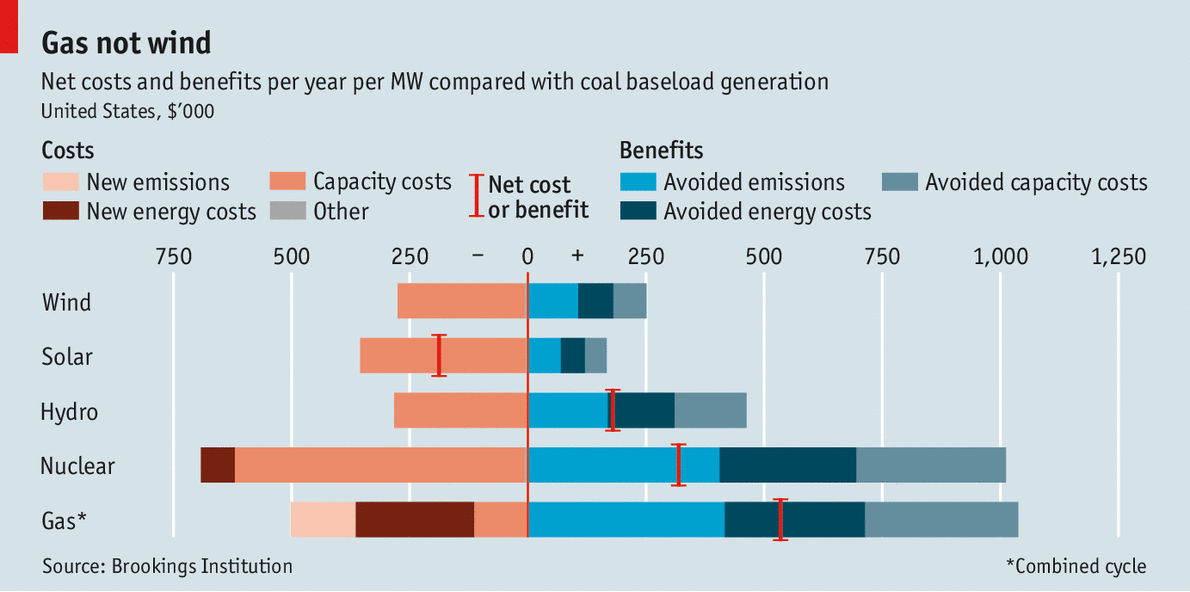
What about federal subsidies, you ask? Here are how different electricity sources differ in terms of bang-for-the-buck. Solar and wind get the most bucks, but give by far the least bang. (Click on the graphs for larger sizes.)
But there will be new jobs in the solar industry. The plan would create “far more jobs statewide.” Promising more jobs is also standard practice in advocating that people be forced to consume more solar energy.
It’s the only way to spin the inescapable fact that solar is a far, far less efficient producer of electricity than traditional resources. It’s not that it takes seven or eight solar plants to equal the output of a single natural gas-fired plant. (It does.) It’s not that it takes that much more labor and capital for solar to approach equivalency. (It does.)

No, it creates more jobs.
And then you ignore the economic effects of having to employ more people to try to accomplish the same thing we achieve now with fewer people. Which means right now we have people working in other areas creating additional output.
What this would mean would be a net loss in productivity, a less dynamic economy, jobs not created, investments not made, expansions not undertaken. Those are steep consequences to place on people, especially poor workers in North Carolina. Not only would they lose some employment opportunities, but also, they would suffer price increases in one of their family’s biggest budget items — a household necessity.
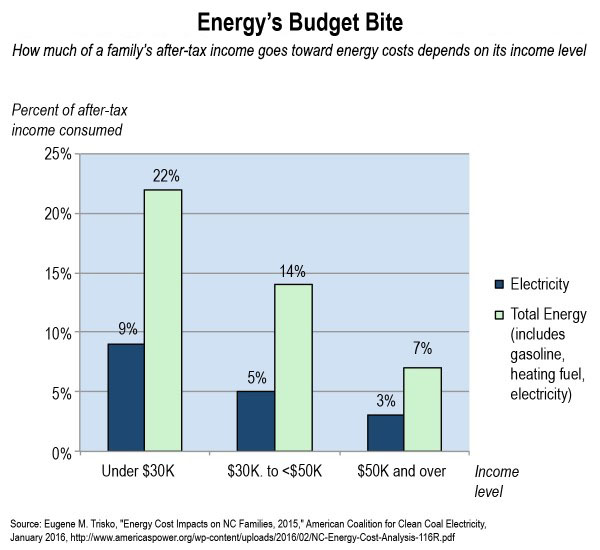
Finally, to underscore the inefficiency of NC WARN’s plan, it also seeks to reduce people’s use of electricity systematically via “demand reduction” programs.
But remember the great news
Recall that this plan is based on the need for “North Carolina to provide leadership in the urgent challenge to slow climate change.”
As illustrated above, North Carolina — through North Carolinians’ market choices — is already effectively cutting emissions and has been doing so all century long.
Things are getting better. It’s great news.
Let’s not make things worse treating what isn’t a problem with a very problematic scheme.
